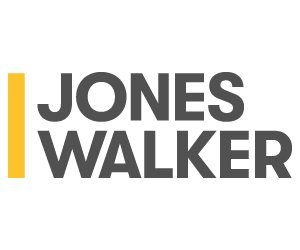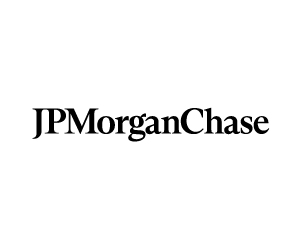This is a special edition of Out to Lunch: New Orleans At The Crossroads.
We’ve been at the crossroads before. If we wanted to list every economic boom and bust cycle in New Orleans, we could go back to the very first flood. In 1719. When Bienville was still building the first settlements.
We survived that one. And we’ve survived other attempts at devastation. Most recently, after 2005, we did way more than just bounce back from Hurricane Katrina. The restoration of the city resulted in a massive economic boom. And, for the first time in around 40 years, a net migration gain. In what could only be described as a shocking surprise to those of us living here, New Orleans went from being a place you left if you wanted any sort of a high-achieving career, to a place where young, smart, entrepreneurial people moved to, to start a business.
The city changed markedly. We started discussing issues we’d never had to confront before. Gentrification. Cost of living increases. Prohibitive rents. Property tax hikes. Before we knew it, we had more restaurants than we had before the hurricane.
A couple of years ago, the city came up with a more accurate way of counting how many tourists were coming here – and discovered it’s way more than they had thought. The real number of tourists is around 19 million a year.
Things, it seemed, couldn’t have been going much better for New Orleans. Then, one day, in March 2020, all that came to a sudden stop. Apparently thanks to Mardi Gras, a month earlier, New Orleans had unknowingly become a hotspot for the novel Corona virus, Covid 19.
The Covid Economy
New Orleans went into a mode called, “lockdown.” Which was kind of like voluntary house arrest. At first, it didn’t seem too bad – even for businesses who had to temporarily close their doors. But, what was going to be a few weeks of semi-vacation, where those who could worked from home, and those who couldn’t collected more money in unemployment insurance than they were making at work, has turned into something else.
Months later, the 19 million tourists are gone. And we don’t know when, or if, they will ever come back in the numbers we knew before. Entrepreneurs are struggling to survive. Many small businesses that have managed to reopen are making do with significantly less revenue, and are forced to lay off staff. Under occupational restrictions, and because of people’s continued fear of catching the virus, restaurants are starving for business. Some notable restaurants are already closed for good. Unemployment is at a historic high. And our world-famous live music industry is shut down.
So, what are we going to do? We can cross our fingers and hope that everything eventually bounces back, like it has every other time we’ve had a disaster for the past 300 years. Or, Plan B – we can use the enormous amount of talent and resources that the last dilemma delivered to us on the crest of the migration and economic wave, and proactively take action to change the direction of the city so that we can cope with, and even capitalize on, the new reality.
And that, Plan B, is what Peter Ricchiuti is putting into action on this special edition of Out to Lunch. Peter has assembled a panel of New Orleans business owners and thought leaders who are all impacted by the pandemic. All the members of this panel are invested in grappling with the realities of what the city will need to do to survive this immediate crisis, and are unafraid to tackle questions about the bigger structural issues that have gotten us to this position, on the precipice of a potential and real disaster one of them describes as a coming “Hellscape.”
The panel
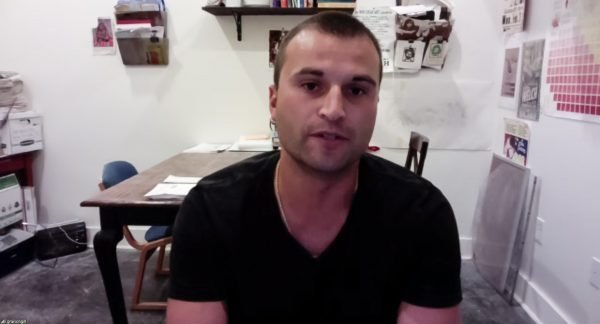
Graison Gill, owner of Bellegarde Bakery
Graison Gill is the owner of Bellegarde Bakery. Until the end of July 2020, when it was forced to close, hopefully temporarily, Bellegarde operated a local retail bakery. It also shipped flour, grits and pasta nationwide. And provided products to more than 120 restaurants. In 2020 Graison Gill was a finalist for the James Beard Award – the Academy Awards of food – for Outstanding Baker.
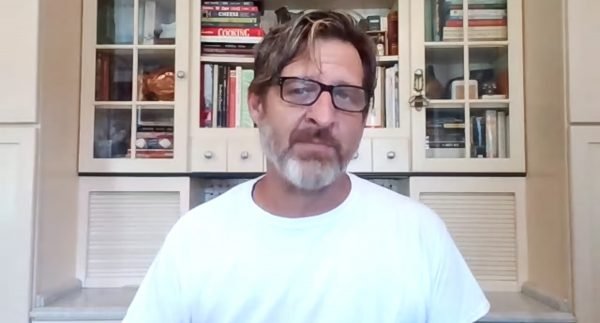
Chef Eric Cook, owner of Gris Gris restaurant
Eric Cook is a combat veteran who served six years in the United States Marine Corps. After his military career, Eric returned to his native New Orleans and became a chef. Eric has cooked at some of New Orleans’ finest restaurants, including Commander’s Palace. Until July of 2020 when it was forced to close, hopefully temporarily, Eric was owner and Executive Chef at his own restaurant, Gris Gris, in the Lower Garden District.

Carol Markowitz, COO and Senior VP of Finance at Loyola University
Carol Markowitz is COO and Senior Vice President of Finance at Loyola University. Carol was previously the Founding Executive Director of NOCHI, New Orleans Culinary & Hospitality Institute, she’s worked in corporate finance in Los Angeles and has an MBA from Harvard Business School.
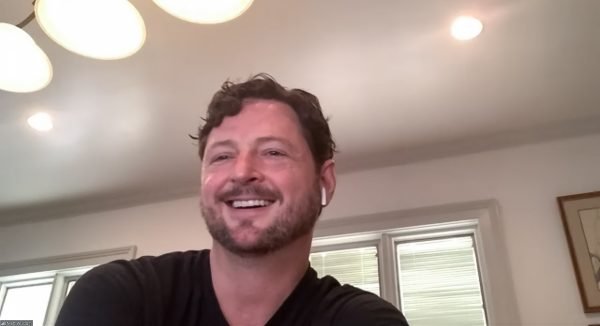
Matt Wisdom, founder and CEO of Turbosquid,
Matt Wisdom is founder and CEO of New Orleans-based Turbosquid. Turbosquid is the Amazon.com of 3d models. It’s the world’s leading marketplace for the type of 3D models used in everything from movies and video games to commercials and teaching tools.
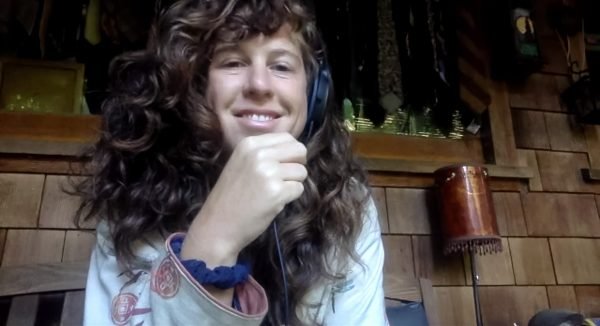
Writer and publisher Holly Devon
Holly Devon is a writer, Senior Editor at Antigravity Magazine, and founding editor of The Iron Lattice, a New Orleans quarterly arts publication. Holly has written extensively about tourism and urban planning in New Orleans.
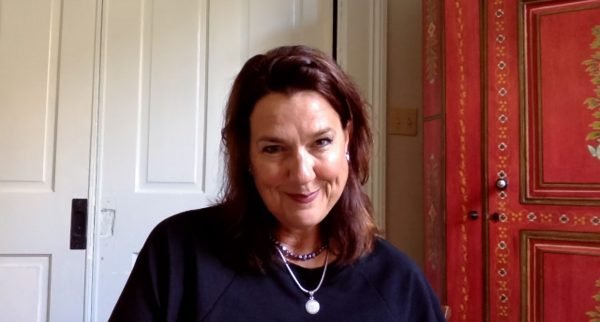
New Orleans City Council member Kristin Giselson Palmer
Kristin Giselson Palmer is a member of the New Orleans City Council, representing District C, which includes Algiers, the French Quarter, the Marigny, Treme, St. Roch and Bywater neighborhoods.
If you’re looking for the usual platitudes about how things are all going to be great delivered in biz-speak by the usual suspects, this conversation is not that. This is an honest assessment of where we are, where we’re going, and how we’re going to get there, from the minds of people who know what they’re talking about, and the lived experience of people whose lives and livelihoods depend on the decisions we make about the direction of the City of New Orleans.

New Orleans At The Crossroads – the current and future economy of a covid-crippled city
Photos by Jill Lafleur.
Hear our panelists on Out to Lunch in better times: Graison Gill. Carol Markowitz. Matt Wisdom on our sister podcast Happy Hour.


